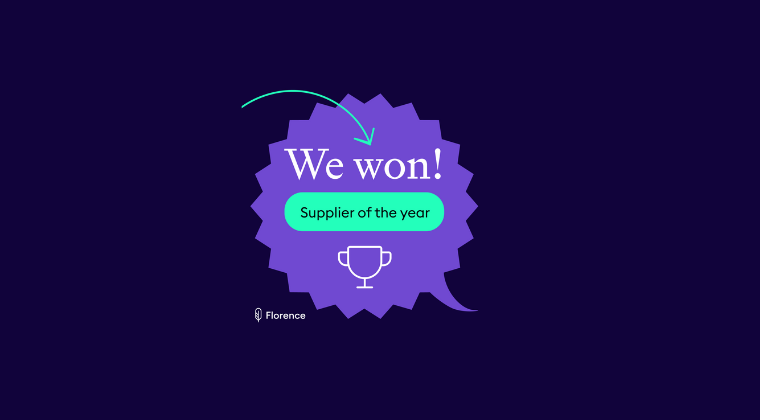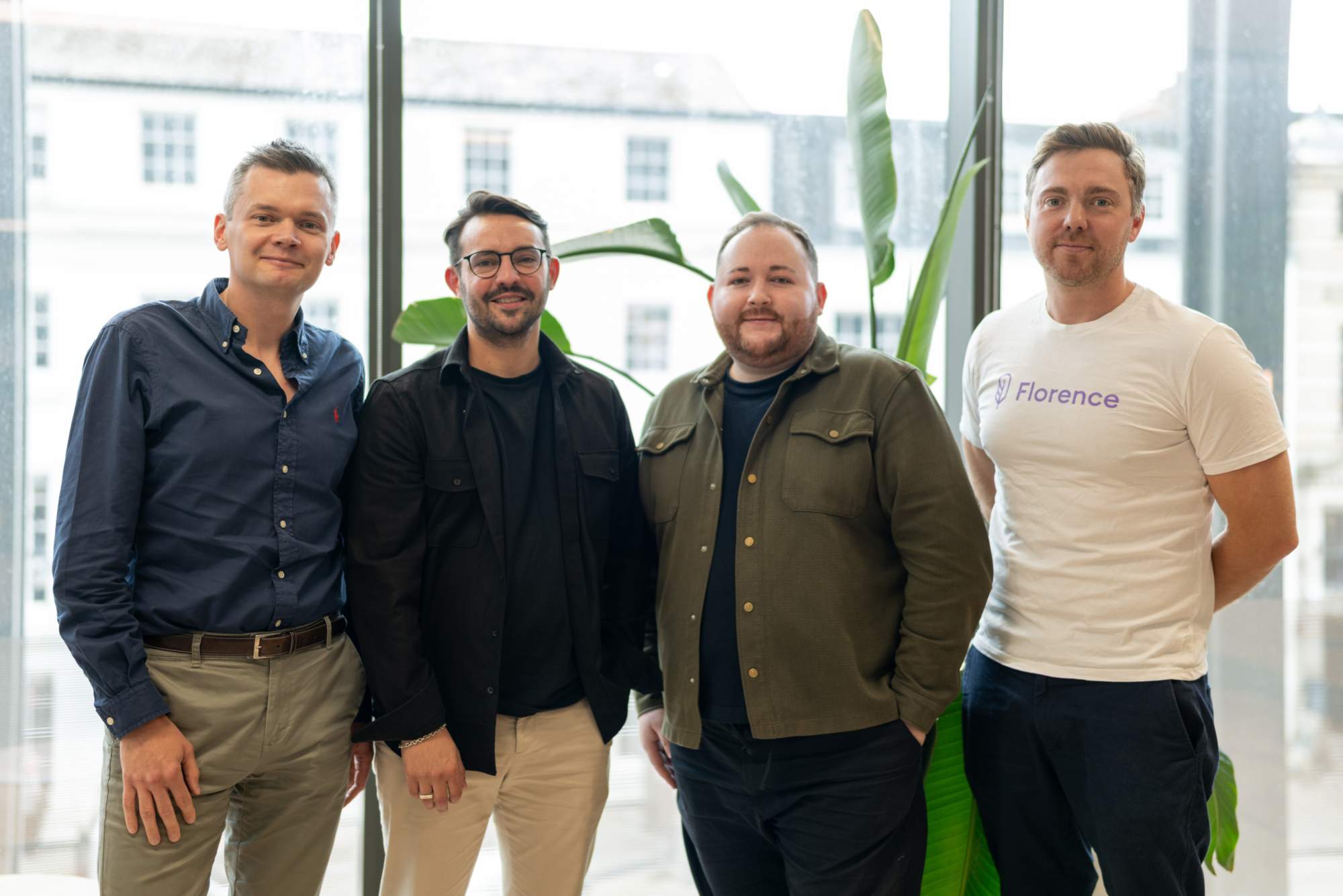Blog and news
Follow our latest news and updates on our blog
Follow our latest news and updates on our blog

Understanding the Platform Reporting Regulation: What It Means for Care Providers and Agencies Using Florence

12 ways you know you can trust your staffing agency

What the 2025 national minimum wage changes mean for health and social care—And tips to stay ahead

Why smaller care providers are missing out on neutral vendor platforms

Agency Worker Regulations (AWR)

The VAT confusion in health & care staffing

5 myths about changing neutral vendors

The ongoing challenges in social care funding

10 ways to safeguard your care group from compliance risks

Winner! National Care Awards - Supplier of the Year

Top 5 ways to reduce agency staffing costs...

An industry on the verge of crisis?

Winter staffing pressures

What's next for the government’s ‘Make Work Pay’ proposals

Florence named #14 in TechRound’s SaaS top 66 list for 2024

What is ESG and why is it important in health and social care?

How to retain staff in social care: A comprehensive guide

Florence announces exciting new partnership with Tech Canal

Florence names WeWork and Groupon veteran as Chief Revenue Officer